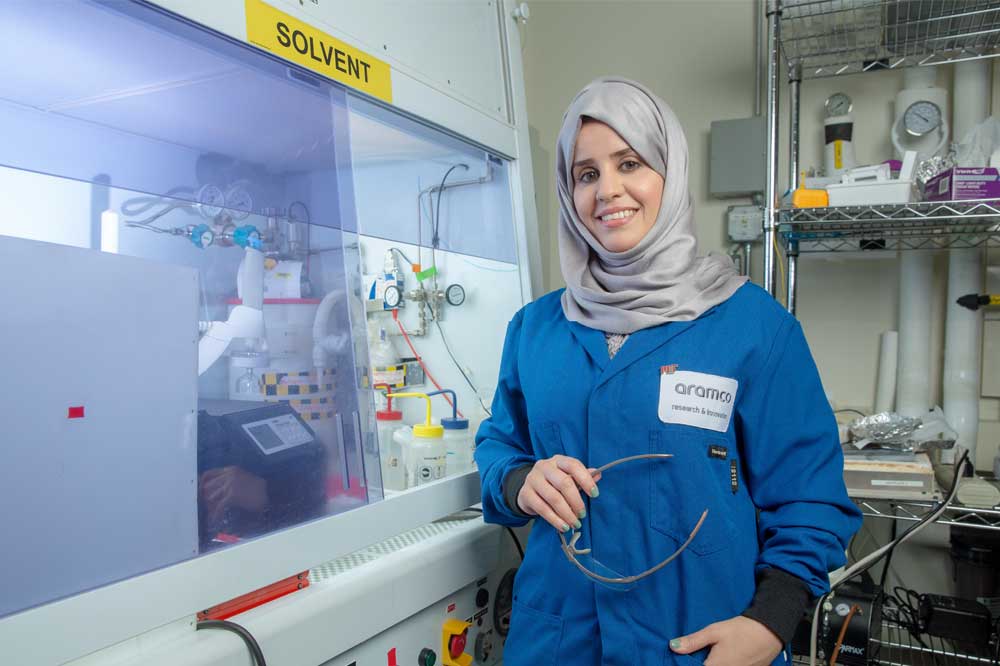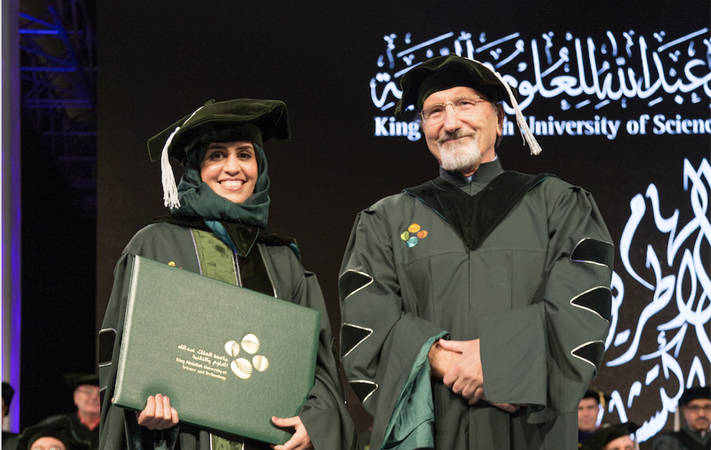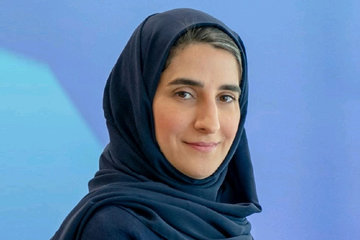
Dr. Haleema Alamri is impressive. Not only because she is a senior lab scientist in the Materials Design Lab at Saudi Aramco’s Research & Development Center (R&DC). Nor because she has a PhD in chemistry, is the mother of two children, holds a position as an MIT research affiliate, is taking Chinese classes, and chairs a female Saudi social innovation group.
Even more impressive is her path in pursuit of a noble quest: she and her team at the R&DC are committed to formulating plastics that degrade organically. Innovation in plastics over the past century has improved our lives and made many of our aspirations possible. The light weight of plastic allows us to travel more quickly on roads and even in space. It is a key component in devices that clean water, conserve energy and save lives. It would be difficult to imagine a world without plastic. However, plastic waste build-up is a threat to the environment, as these non-degradable substances make their way into landfills and oceans.
Conventional plastics that are not biodegradable represent 60% of today’s market. Single-use plastic products, such as food wrappers, which account for 40% of the plastics produced, are only useful for a brief period of time but can linger in the environment for years. The current chemical structure of most plastics makes them resistant to natural degradation processes. They are either very slow to degrade or practically impervious to that process at all. At the R&DC, Dr. Haleema is working with her team to develop the next generation of degradable plastics, so that when these materials are used in future applications, they will not become planet-impacting litter.
Applying her background in chemistry and macromolecular engineering has enabled Dr. Haleema to create a distinctive, innovative category of polymeric materials and to develop new techniques for molding polymeric materials in ways that will control their decomposition. “These developed methods will be able to break down the plastics so that they will degrade after use,” says Dr. Haleema.

“Because we all know that plastics help make our lives better, healthier and safer every day, I am working on finding sustainable solutions for the problems associated with plastic materials,” she said. “My work is targeted at generating solutions for the waste that is damaging the planet.”
For Dr. Haleema, this is her calling, one that can transform society and that holds the promise of a better future for her children. With a background that includes a family of scientists, entrepreneurs and engineers, Dr. Haleema has always been interested in how different perspectives can address imposing challenges and has always known that she belongs in the scientific community.
A dedicated problem solver, she is driven to achieve perfection both at work and at home. “I always remind myself of other great women who managed to do both and also become successful leaders,” she added. “I would love to see dedicated professional schools that focus on young females, that help them understand their potential and that recognize how much they can offer their communities if they are provided with the opportunities and resources they need.
“We grow up thinking that our choices are limited and that there are some areas in which we can never excel. I would love to be part of any effort that can change that perception.” She is already on her way to doing just that and her success will have enormous – not only for the environment, but also society as a whole.
















